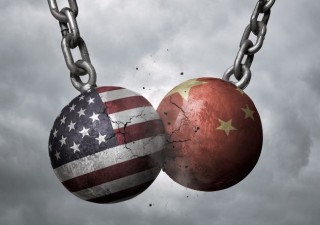Government Recognizes “Areas Having IP Culture”
20 April 2015

The Indonesian government has recognized several places in the country as “areas having an intellectual property culture” in order to promote public participation to respect IP rights, according to Fortuna Alvariza, an IP attorney at Fortuna Alvariza IP (FAIP) in Jakarta.
Expectations for improvement may start with better copyright protection. In September, the Indonesian Copyright Law incorporated traditional cultural expressions.
The Copyright Bill introduced four new works that are now protected, none of which were protected previously:
- Translations, adaptations, arrangements, transformations, or modiications of traditional cultural expressions;
- Compilations of creations or data, including in digital format;
- Original compilations of traditional cultural expressions; and
- Video games.
Apart from protecting traditional cultural expressions under the copyright law, Indonesia is also one of the contracting parties of UNESCO’s Convention on the World Cultural and Natural Heritage, she adds.
The protection of cultural heritage (traditional knowledge) in Indonesia has started later than in many countries. Alvariza says there is no oficial report on how lack of awareness in cultural heritage may affect local communities, but based on past experiences, there were local artists who made traditional sculptures which are common and typical in their region based on orders from their foreign clients. Their activities were temporarily stopped when they received warning from one of the clients.
According to the warning, the artists were prohibited from making similar sculptures for other clients. The company claimed that they have registered all the sculptures as their IPR.
“Since the sculptures are very typical traditional regional arts which have been made [for generations], and further, they did not receive any modiication sketch design from the company, we suggested that the artists continue to produce such sculptures because we believe that such sculptures are traditional cultural expressions that cannot be exclusively registered and owned by one party only,” Alvariza says.
Lack of knowledge may create confusion among the local communities, especially among local artists, who must know their rights and the law’s position towards cultural heritage in their own region. As many similar cases have occurred in Indonesia and elsewhere, relevant government institutions, including the Indonesian Directorate General of Intellectual Property Rights (DGIPR) and other relevant institutions/ organizations including Indonesian Intellectual Property Attorneys Associations (AKHKI) conduct various workshops and programmes for different target populations.






